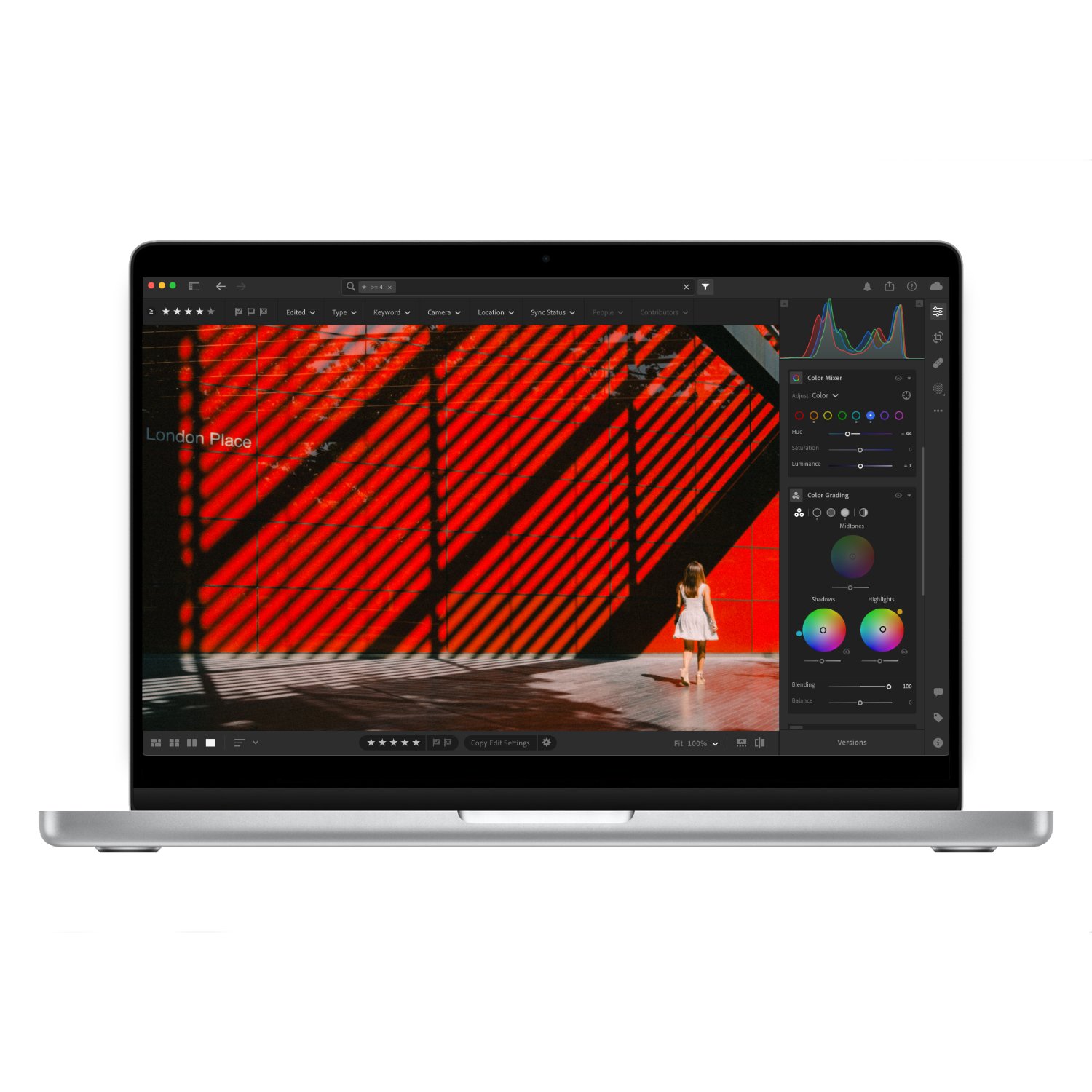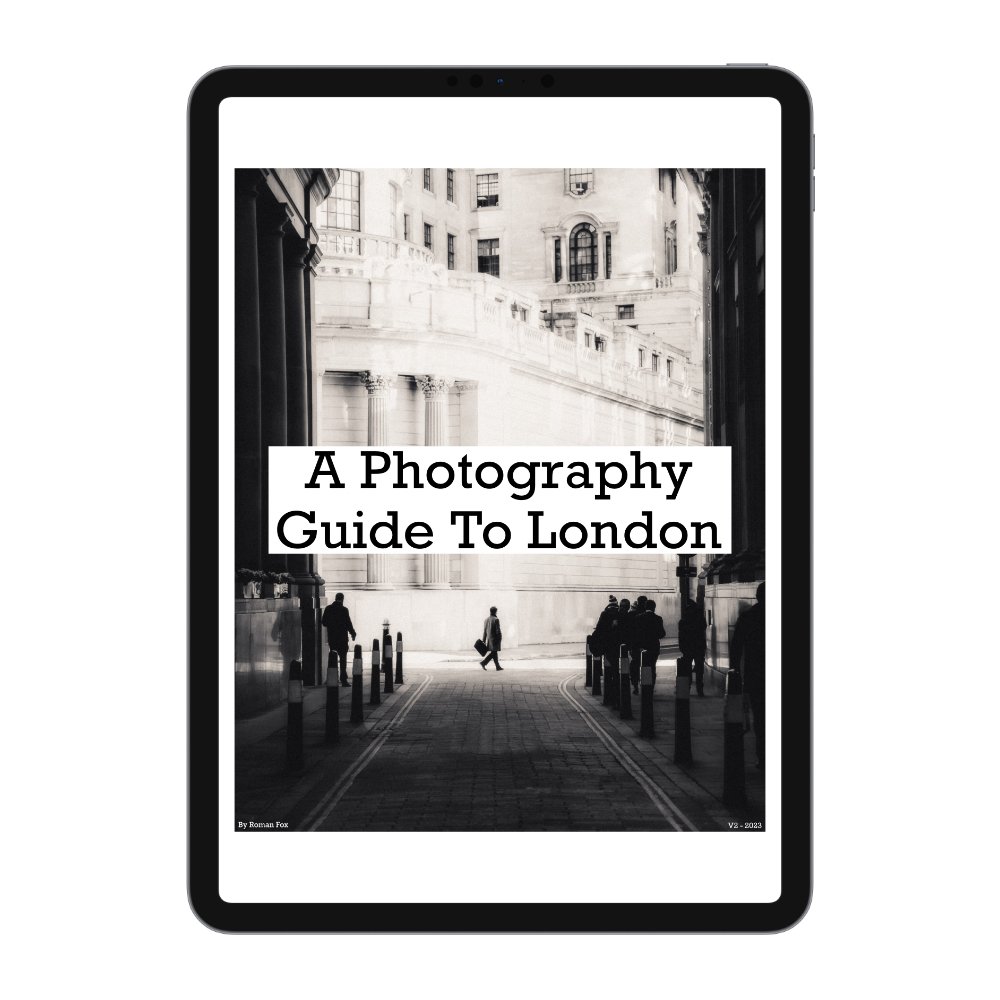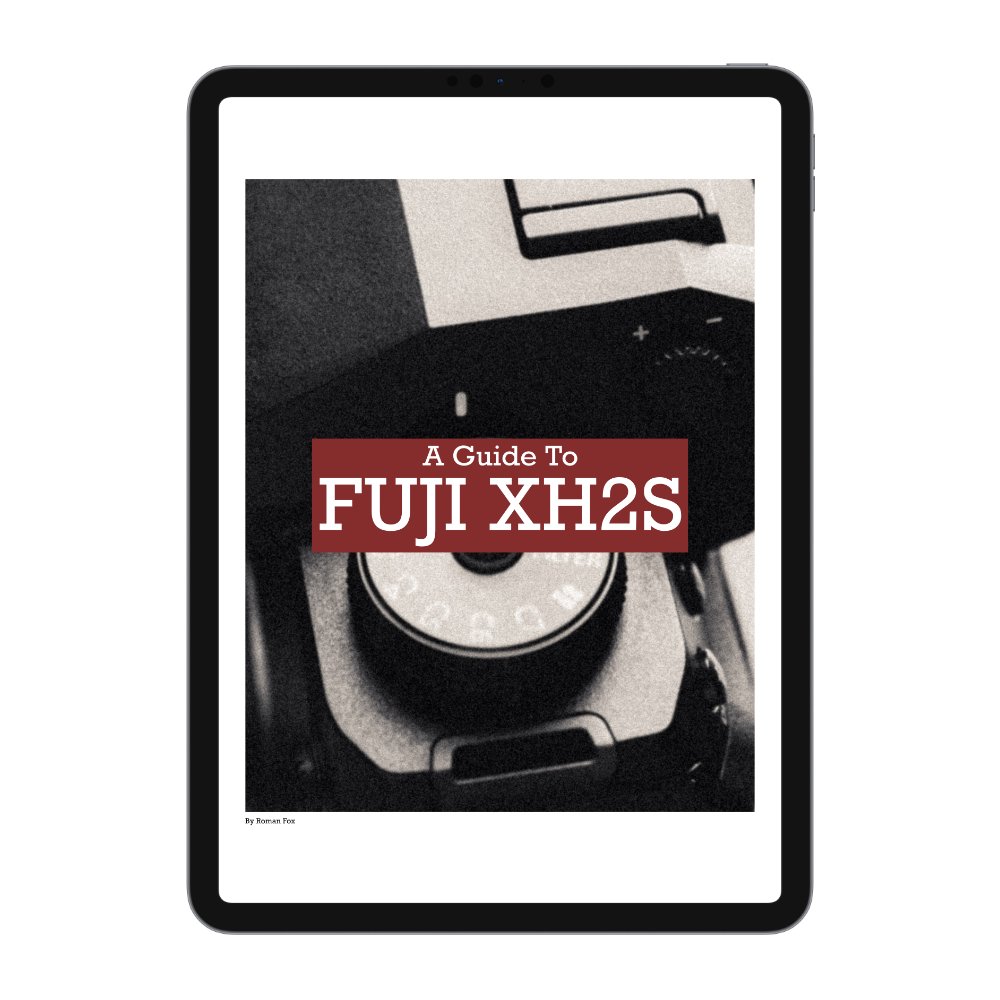Why Taking Bad Photos IS Good For You
It’s natural to assume that every time we head out to shoot, we want to come home with a selection of great photos we can be proud of. It’s also safe to assume that we will put ourselves under a certain level of pressure to achieve this and even go as far as expecting good images from each shoot. Although I think it’s good to set standards for yourself and to always be pushing to improve and grow as a photographer, I do feel that sometimes we can let this drive for improvement get the better of us and in turn end up getting annoyed, stressed or worse still hating the very thing we started doing for fun. I think the answer to this issue is to go out and take rubbish photos on purpose.
Before getting into the meat of it, allow me to expand on my definition on rubbish photos. You’re just taking photos of anything and everything. Forget composition, settings, lighting and everything you know. The subject or the story don’t matter and the last thing you should be concerned about is trying to get something you’re happy with. The less you think or care about the photos, the better. First of all set the camera to full auto exposure and set the focus to cover a central point of the scene. Secondly throw any prime lens on your camera. As long as it’s between 28mm and 70mm you’re good.
From now on you will only interact with the camera in two ways… switching it on and taking a photo. Pick a route through your town that you like and walk along your chosen route and take photos of anything you see. Could be a pigeon, a person, a building or a tree. If something catches your eye, don’t think, just take a photo of it in the way that comes instinctively to you. Don’t try to get too creative or spend too long taking the photo or look for ways of how you can improve the shot. Put some music on, or an audio book, relax, walk, point and shoot. Another way to put it, imagine that the moment you get home, your SD card will automatically format itself, however you need to fill it up before you can stop. Now that you’re ready to take bad photos, let’s dive into the benefits.
First up this exercise will help you to observe the world around you. You’re no longer trying to find the perfect shot or the right subject or light or composition, you’re no longer thinking about settings, focal length or metering. All you’re doing is pointing and shooting. This will free up so much of your mental capacity to just observe how people move through the city, how the light falls on the buildings, how the river flows, how the birds fly, the busses, cyclists and all the small random details. By observing the world, you will become more in tune with the city, the people and the environment. By being more in tune you can anticipate things better and being able to anticipate things in any environment will do wonders for your photography.
This exercise will remove pressure and expectation and that’s a good thing. I always expect myself to come home with good photos. Doesn’t matter if I’m filming a POV video for YouTube or out with family. I expect myself to walk away from every day out with good images which puts a ton of pressure on me. Obviously there are many cases where having just the right amount of pressure is good. Also having standards for your own work is a healthy thing. However if this is our approach every single time we go out, then it’s a matter of time before we either burn out creatively, get bored or just have a crap time whenever we go shoot. So if we pretend that the SD card will format itself the moment we are home, then all the pressure and expectation has literally just disappeared. Now you can enjoy the rest of the day taking photos for the fun of it, not caring about the end result and just enjoying walking with a camera in hand.. The best bit is when you’re fully relaxed that’s when you will start to see so many more opportunities.
Reconnect with why you started taking photos in the first place. This will vary depending on the person and I can only speak for myself here. The reason I started taking photos is because I love the process. I love walking, hiking, travelling and exploring new places. I love being outside in a city or in nature with a camera in my hand. The camera is simply a tool that enhances that experience in every single way. I didn’t start photography to take award winning photos or to be featured in magazines and build a following. I didn’t start to get frustrated or stressed over not getting a photo and believe me, when I’m feeling frustrated and stressed, I totally forget that I’m out walking on a beautiful sunny day in London or exploring a new village in the cotswolds. I’m no longer appreciating the very reason of why I got into photography. By removing all the expectations and by freeing up my mind to observe the environment, I can now once again reconnect with why I got into photography in the first place
To summarise this exercise is designed to break you out of the usual cycle when it comes to photography. To completely detach yourself from the photos you are taking but also detach from the usual mindset you have when you shoot. To detach from any pressures or expectations, from hunting for photos or thinking about what setting to use and from constantly looking for compositions or doubting yourself if that subject is good enough. To focus more on observing what is going on around you and how the different elements of your environment interact with each other. Every time you feel frustrated, every time you feel like the photos you take are not good enough, do this exercise and do it properly. Do it right and I’m willing to bet that the next time you head out, you will have a much more energetic and fresh approach to photography. Oh and as for that SD card, don’t actually format it, I think you will be surprised.






























